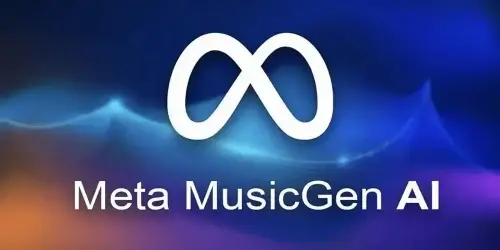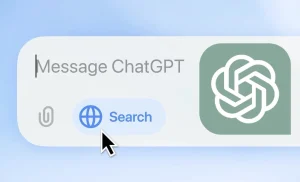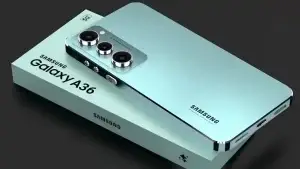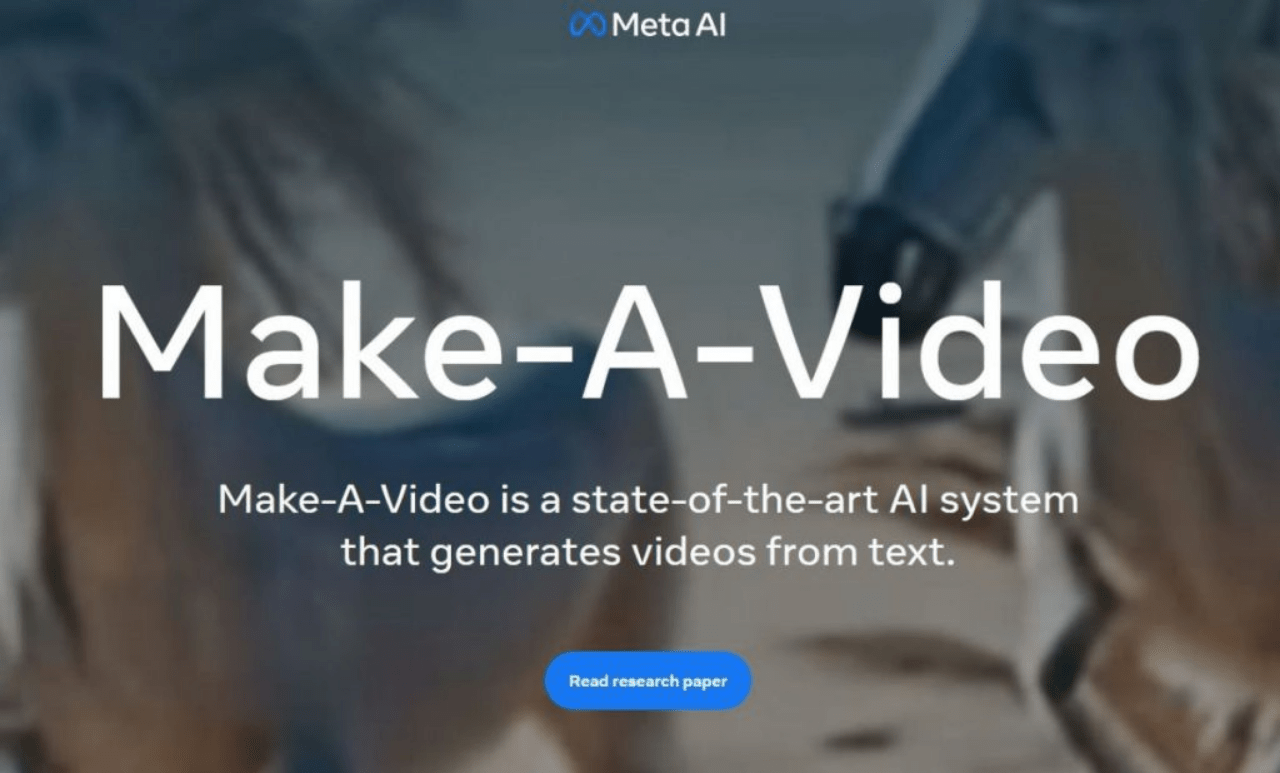Meta has unveiled a groundbreaking AI-powered video generator called Movie Gen, capable of creating high-definition videos with sound, directly from text inputs. This innovative tool allows users to generate new footage or modify existing images and videos. The company’s announcement comes months after its competitor, OpenAI, introduced a similar tool known as Sora, a text-to-video model. However, public access to Movie Gen is not available yet, and the tech community is eagerly awaiting its release.
AI-Generated Videos with Sound: A Game Changer
Movie Gen sets itself apart by producing high-quality video content that comes complete with sound. The AI-generated audio is not an afterthought—it is designed to match the visual content perfectly. The tool generates ambient noise, sound effects, and even background music to accompany the visual elements. This automatic matching ensures that the generated content is both cohesive and engaging.
Moreover, the AI behind Movie Gen can produce videos in a variety of aspect ratios, making the tool versatile and suitable for different platforms and purposes. Whether you need a square video for Instagram or a widescreen format for YouTube, Movie Gen will allow you to customize your content accordingly.
Text-to-Video: A New Era for Content Creation
The primary feature of Movie Gen is its ability to create videos from simple text descriptions. Users only need to input a sentence or short paragraph, and the AI will interpret the text to generate matching video content. This capability not only saves time but also opens up a world of creative possibilities. Imagine being able to describe a scene in words and having a fully realized video produced in seconds.
For instance, a user could type, “A beach at sunset with waves gently crashing,” and Movie Gen would generate a high-quality video of exactly that scene, complete with the sound of the ocean and the soft glow of a setting sun. The simplicity and power of this tool are set to revolutionize video production, making it accessible to anyone, regardless of technical skill.
Editing and Customization with AI
In addition to generating entirely new videos, Movie Gen offers users the ability to customize and edit existing footage. Whether it’s adding dynamic elements to still images or altering certain aspects of a pre-recorded video, the AI can seamlessly integrate new features. For example, Meta demonstrated this capability by showing a still headshot of a woman that was transformed into a video of her sitting in a pumpkin patch sipping a drink. The AI was able to create the scene around the image, adding context and depth to what was once a static photograph.
This feature could be a game-changer for content creators, allowing them to repurpose old content or enhance new footage with AI-generated elements. The level of customization is extensive, giving users creative control while minimizing the time and effort traditionally required for video editing.
Competing with OpenAI’s Sora
Movie Gen’s release closely follows OpenAI’s introduction of Sora, another text-to-video model. While both tools offer similar functionality, Meta seems to be focusing on the seamless integration of sound with visual content, which could give it a competitive edge. Additionally, Meta’s vast ecosystem of social platforms—such as Instagram and Facebook—may offer Movie Gen an advantage in terms of user reach and engagement.
Though both tools are still in their early stages, the competition between these two AI giants is likely to accelerate advancements in the field of text-to-video generation. This rivalry could lead to faster improvements, new features, and better access for users in the near future.
The Future of AI Video Generation
While public access to Movie Gen is not yet available, the potential impact of this tool is enormous. For content creators, marketers, and even casual users. AI-powered video generation tools like Movie Gen and Sora could dramatically reduce the time and resources needed to produce high-quality video content. Moreover, the ability to generate customized videos with just a few clicks could democratize video production, making it accessible to a broader audience.
As AI continues to advance, we can expect even more sophisticated features to emerge. Future iterations of Movie Gen may include voiceover capabilities, enhanced editing tools, and integration with other creative AI models. The possibilities are endless, and the introduction of Movie Gen is just the beginning.
Conclusion
Meta’s Movie Gen represents a significant leap forward in the realm of AI-powered content creation. With its ability to generate high-definition videos complete with sound from simple text inputs. It offers a new level of convenience and creativity. Whether you are generating entirely new videos or editing existing footage, Movie Gen is designed to make the process fast, simple, and accessible.
Though public access to the tool is still pending, the tech world is watching closely. As Meta continues to develop Movie Gen, we can expect this tool to become a cornerstone of video production in the future.







